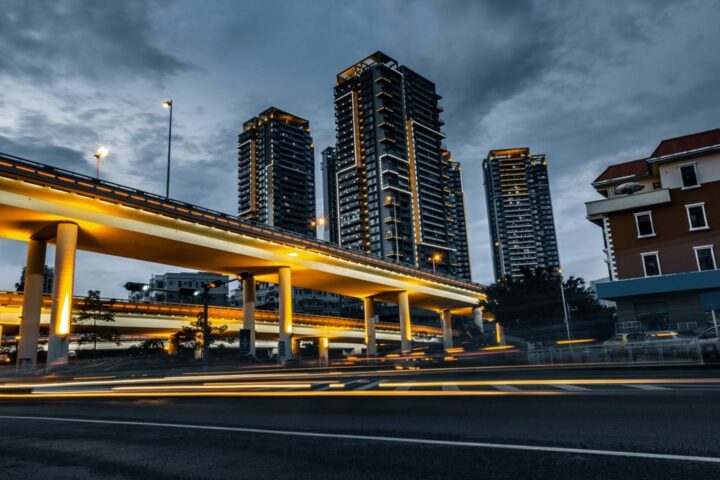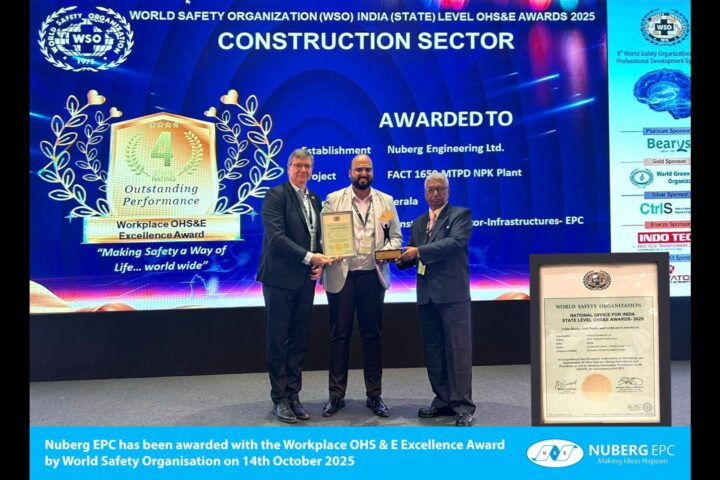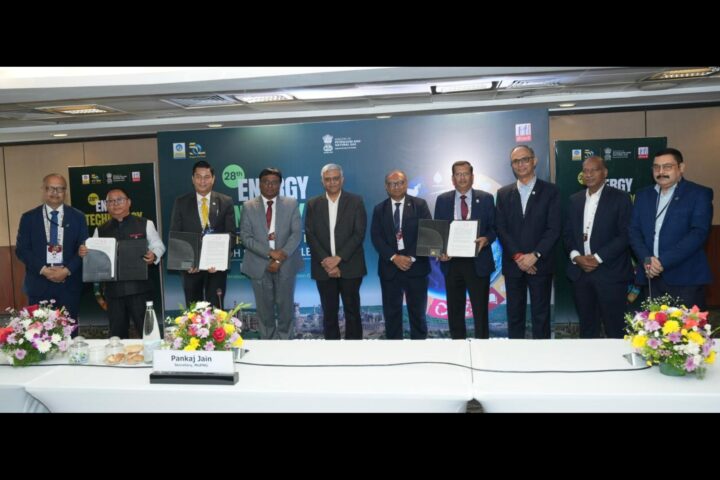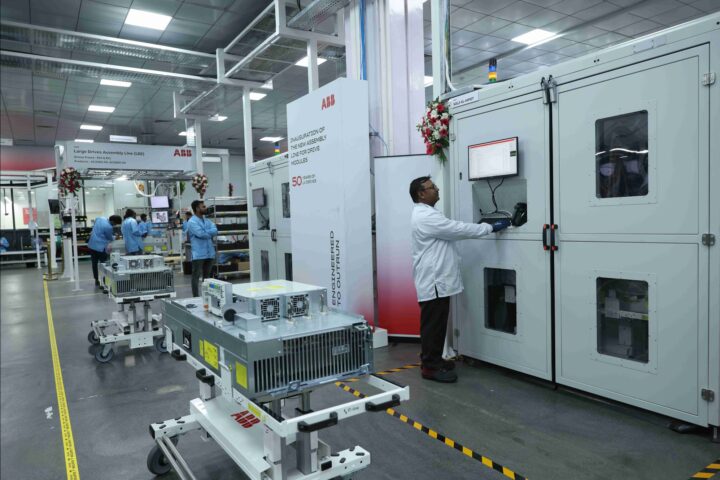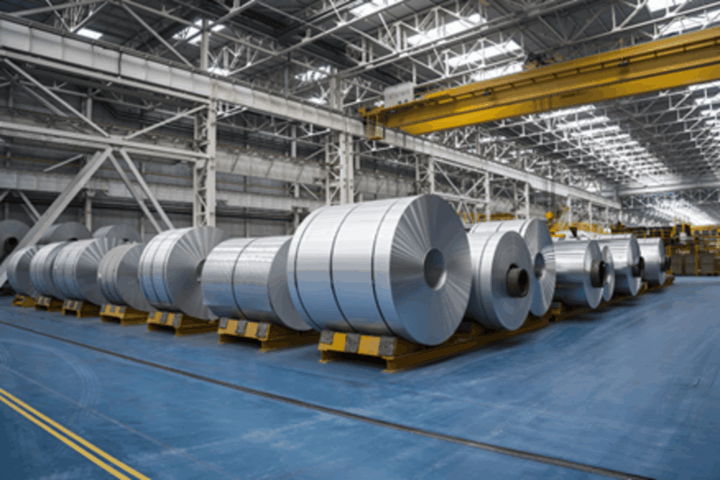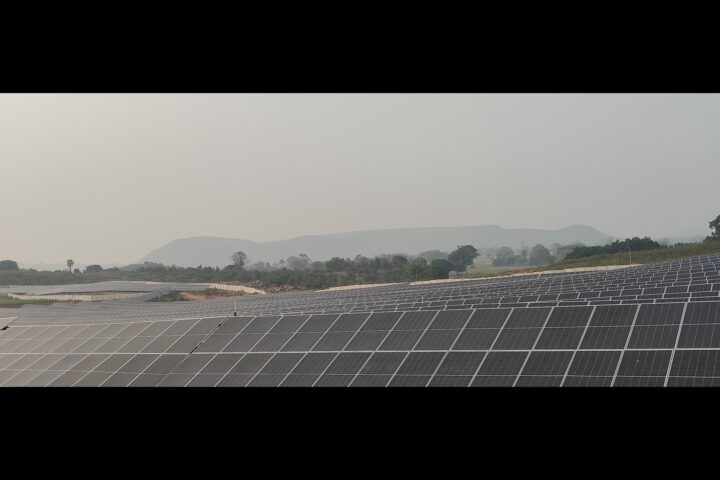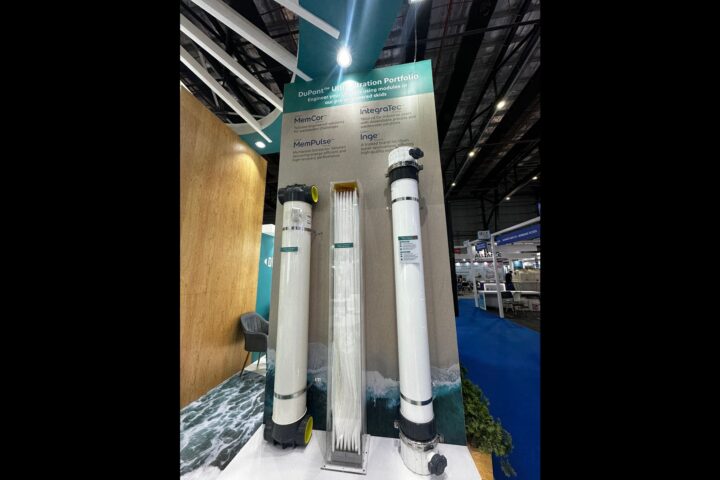In recent years, India has witnessed a significant shift towards sustainable development and environmental consciousness. One of the key aspects of this transition is the promotion of green building practices. Green building policies in India have gained momentum, with the government at both the central and state levels actively encouraging builders and developers to adopt eco-friendly construction methods. This article explores the role builders can play in contributing to green building initiatives, the incentives provided by the government, and some innovative trends in the green building sector
Builders' contributions to green building initiatives
Builders and developers play a pivotal role in shaping the future of construction in India. Their choices regarding materials, design, and construction techniques have a direct impact on the environment and the overall sustainability of the built environment. Here are some ways builders can contribute to green building initiatives:
- Sustainable materials: Builders can opt for eco-friendly construction materials such as recycled, locally sourced, and low-impact materials. Using sustainable materials can reduce the carbon footprint of construction projects.
- Energy efficiency: Implementing energy-efficient designs and technologies, such as LED lighting, energy-efficient HVAC systems, and solar panels, can significantly reduce a building's energy consumption and greenhouse gas emissions.
- Water conservation: Builders can incorporate water-saving features like rainwater harvesting systems, low-flow fixtures, and wastewater treatment plants to minimize water wastage.
- Green building certifications: Builders can seek certifications like LEED (Leadership in Energy and Environmental Design) or GRIHA (Green Rating for Integrated Habitat Assessment) to showcase their commitment to sustainable construction practices.
Government incentives for green building
The Indian government, both at the central and state levels, recognizes the importance of promoting green building practices and offers various incentives to encourage builders and developers to adopt these practices. Some notable incentives include:
- Tax benefits: Builders can avail tax incentives for green building projects. These incentives may include lower property tax rates, reduced stamp duty, and income tax deductions for green building investments.
- Fast-track approvals: Many states offer expedited approval processes for green building projects, reducing bureaucratic hurdles and saving time and resources for builders.
- Subsidies and grants: Government agencies provide subsidies and grants for projects that incorporate renewable energy sources, energy-efficient technologies, and sustainable materials.
- Recognition and awards: Builders who excel in green building practices can receive recognition and awards from government bodies, which can enhance their reputation and attract environmentally conscious buyers.
Innovations in the green building segment
The green building sector in India has witnessed significant innovations in recent years. These innovations aim to make construction more sustainable, energy-efficient, and environmentally friendly. Some noteworthy trends and innovations include:
- Passive design: Passive design principles focus on optimizing a building's orientation, insulation, and natural ventilation to reduce its reliance on mechanical systems for heating and cooling.
- Net-zero energy buildings: Builders are increasingly striving to create net-zero energy buildings that produce as much energy as they consume, often through the integration of renewable energy sources like solar panels and wind turbines.
- Smart building technologies: Incorporating smart building technologies enables builders to monitor and control energy consumption, lighting, and HVAC systems in real-time, enhancing efficiency and occupant comfort.
- Green roofs and walls: Green roofs and walls are becoming more popular in urban areas, promoting biodiversity, improving air quality, and providing natural insulation.
- Sustainable construction practices: Prefabrication and modular construction methods are gaining traction, reducing waste and construction time while promoting efficient resource utilization.
Key features of Suzlon One Earth Campus
- Solar power generation: The Suzlon One Earth Campus boasts an extensive solar power generation system. It features rooftop solar panels and solar carports in the parking areas, which together generate a substantial amount of renewable energy. The campus uses this solar energy not only to power its own operations but also to contribute excess electricity to the grid, making it a net contributor to the local power supply.
- Energy efficiency: The campus incorporates various energy-efficient technologies and practices. This includes LED lighting, energy-efficient HVAC systems, and smart building management systems that optimize energy use based on occupancy and environmental conditions.
- Sustainable design: The architecture of the campus focuses on passive design principles to maximize natural lighting and ventilation. It uses eco-friendly building materials and green construction practices to minimize its environmental impact.
- Rainwater harvesting: Suzlon One Earth Campus has a robust rainwater harvesting system in place, which collects rainwater for various non-potable uses such as irrigation and flushing toilets. This reduces the demand on municipal water sources.
- Green landscaping: The campus features extensive green landscaping with native and drought-resistant plants. This not only enhances the aesthetic appeal but also contributes to a more sustainable environment by reducing the need for excessive water and maintenance.
- Sustainable transportation: To encourage sustainable transportation, the campus provides facilities for bicycle parking and electric vehicle charging stations. It also promotes carpooling and the use of public transportation among employees.
- Education and awareness: The Suzlon One Earth Campus takes an active role in educating its employees and visitors about sustainability and renewable energy. It often hosts events and workshops on topics related to green energy and environmental conservation.
- Certification: The campus has received several prestigious certifications, including LEED Platinum and GRIHA 5-Star ratings, which acknowledge its commitment to sustainable and energy-efficient building practices.
The Suzlon One Earth Campus is a remarkable example of a net zero energy building in India, demonstrating that it is possible for commercial and corporate establishments to not only reduce their carbon footprint but also generate clean, renewable energy while maintaining a comfortable and productive work environment. This project sets a positive precedent for sustainable construction and energy-efficient design practices in the country and serves as an inspiration for other organizations looking to adopt similar initiatives.
Conclusion
Green building policies in India have created a favorable environment for builders and developers to embrace sustainable construction practices. By using eco-friendly materials, prioritizing energy efficiency, conserving water, and seeking green certifications, builders can contribute significantly to the country's green building initiatives. With government incentives, tax benefits, and recognition programs, the path toward sustainable construction becomes more enticing. Additionally, the sector continues to innovate, offering promising trends like net-zero energy buildings and smart technologies that will shape the future of green building in India. It is crucial for builders to stay informed about these opportunities and remain committed to sustainable development for the betterment of both the environment and society.





